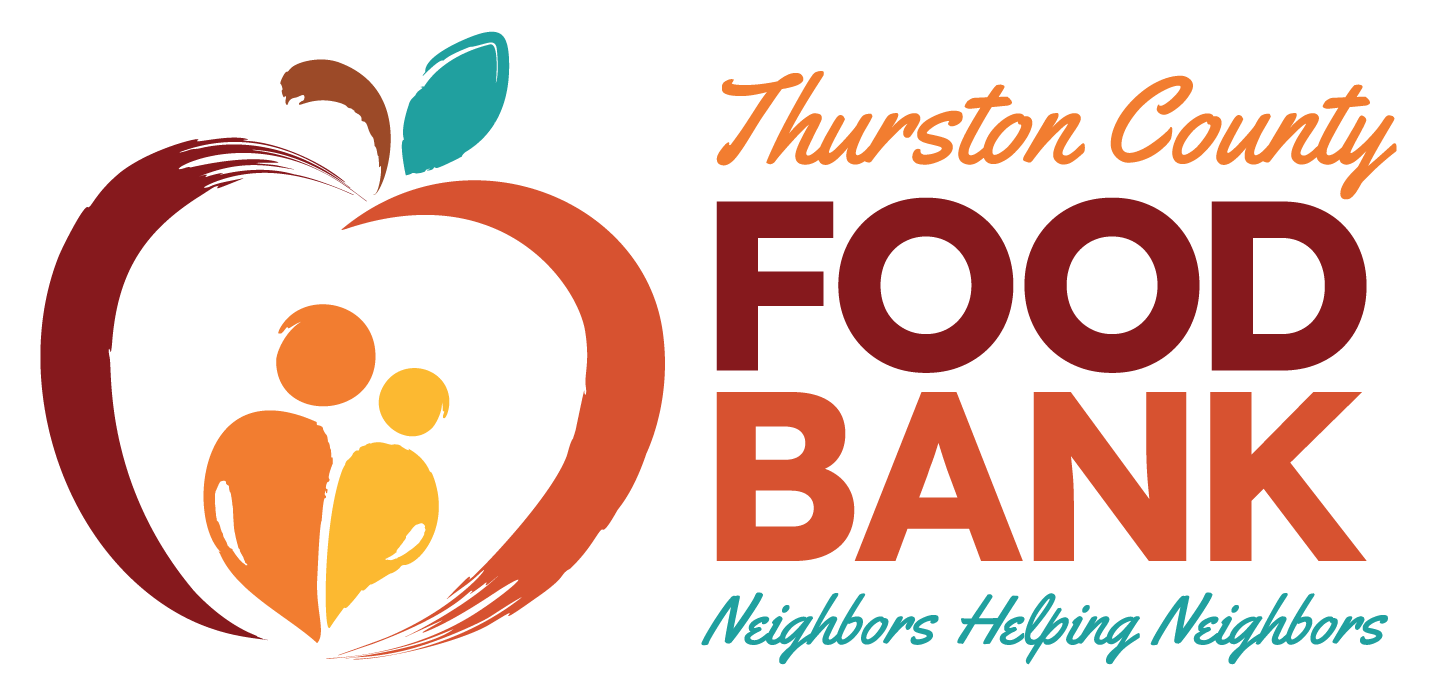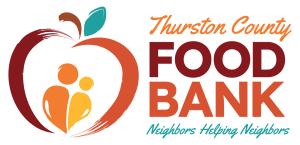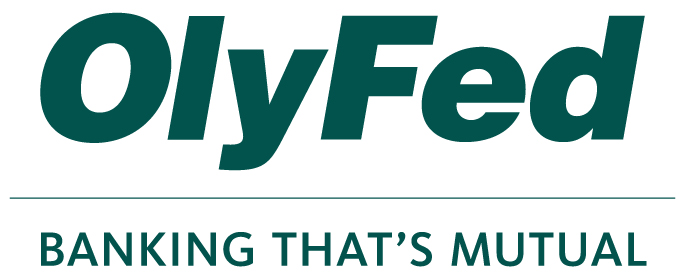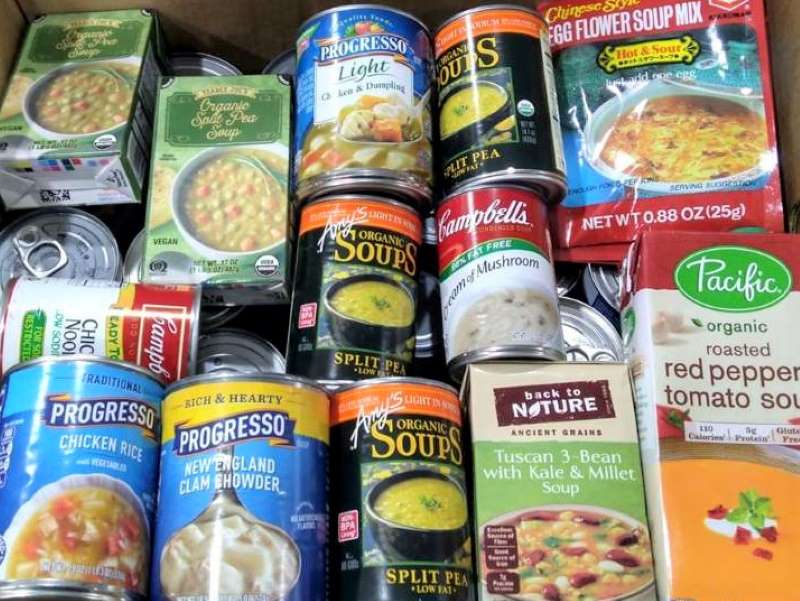
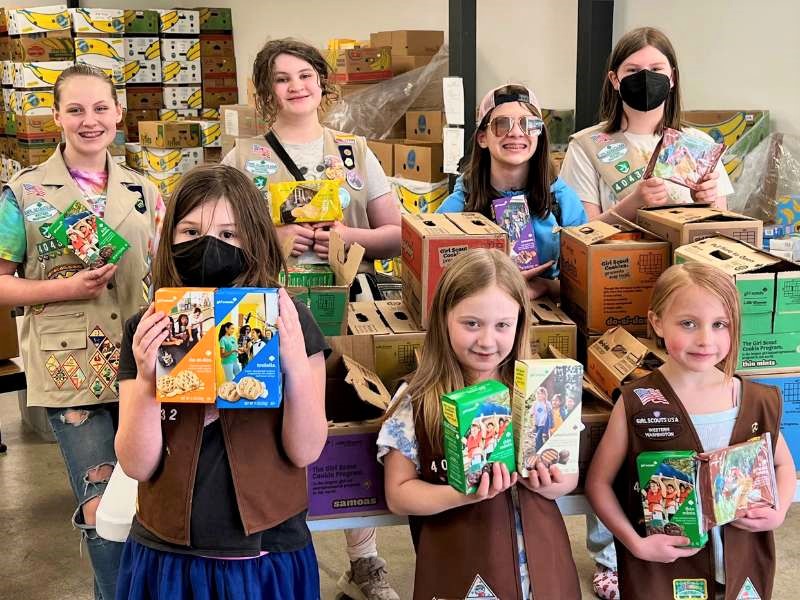
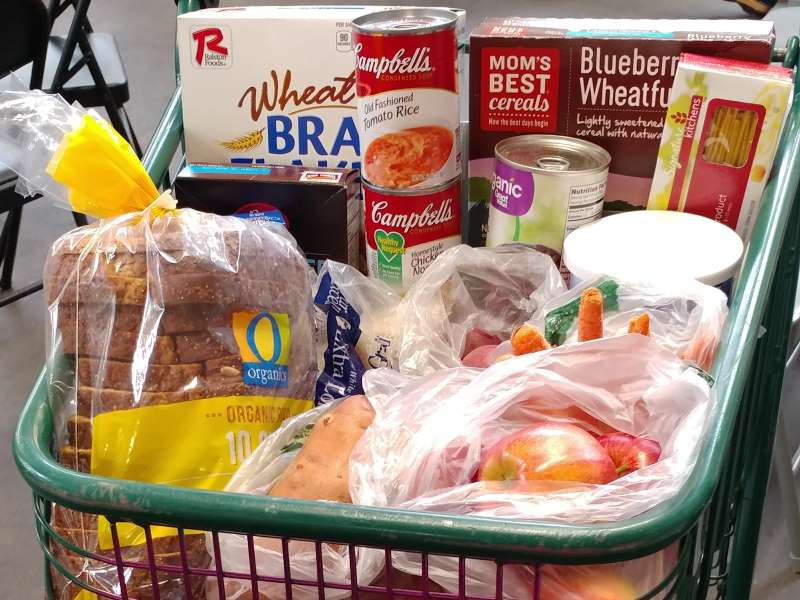
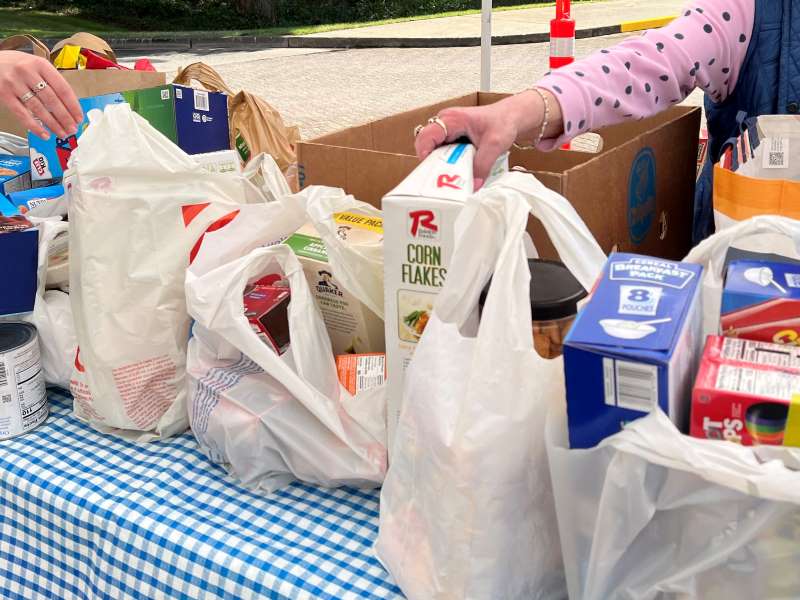
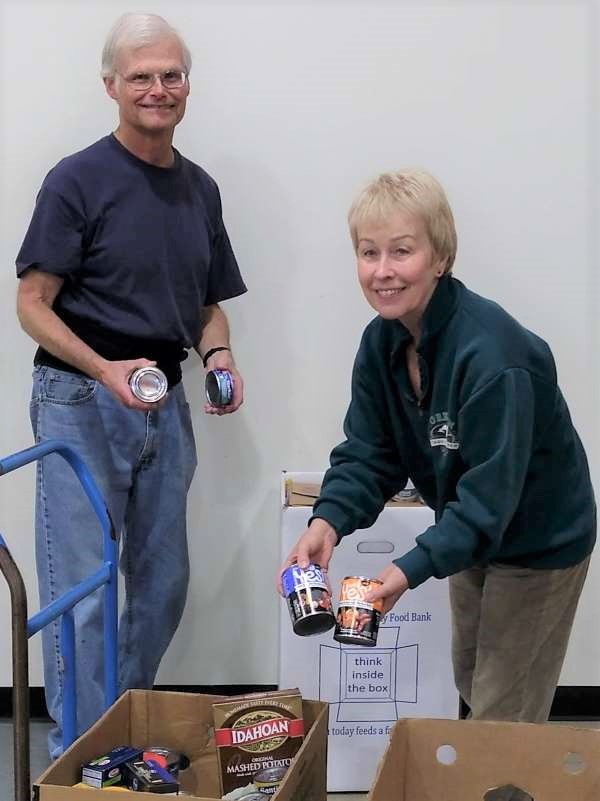
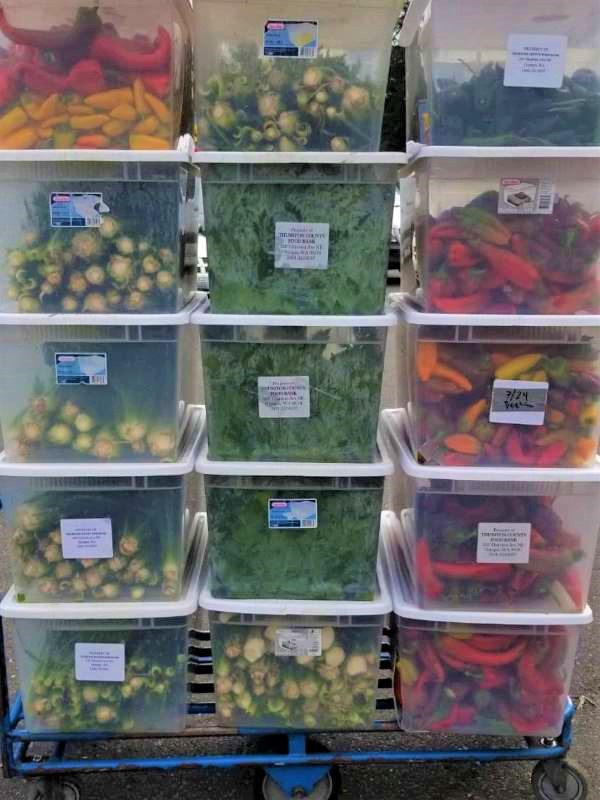
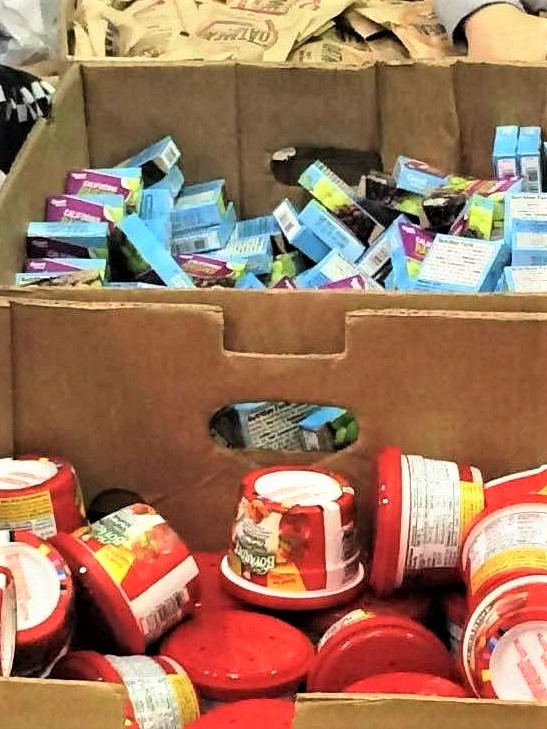
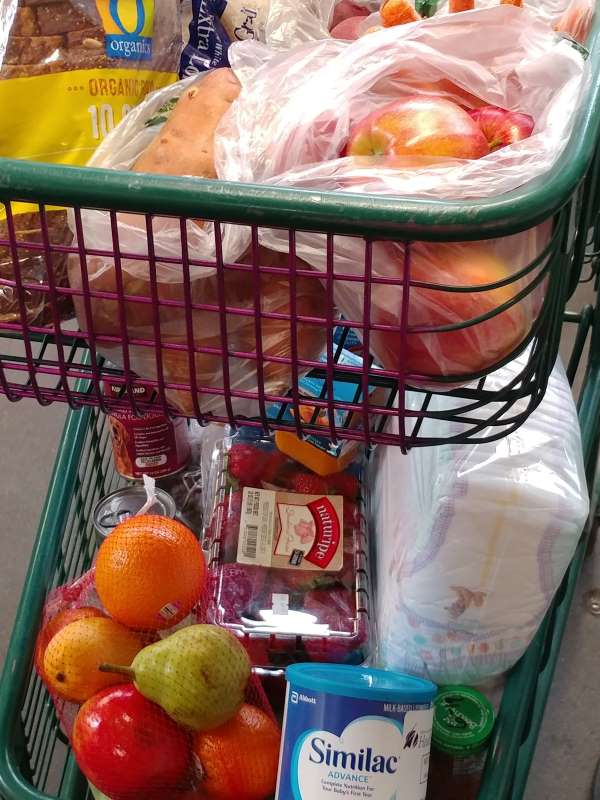
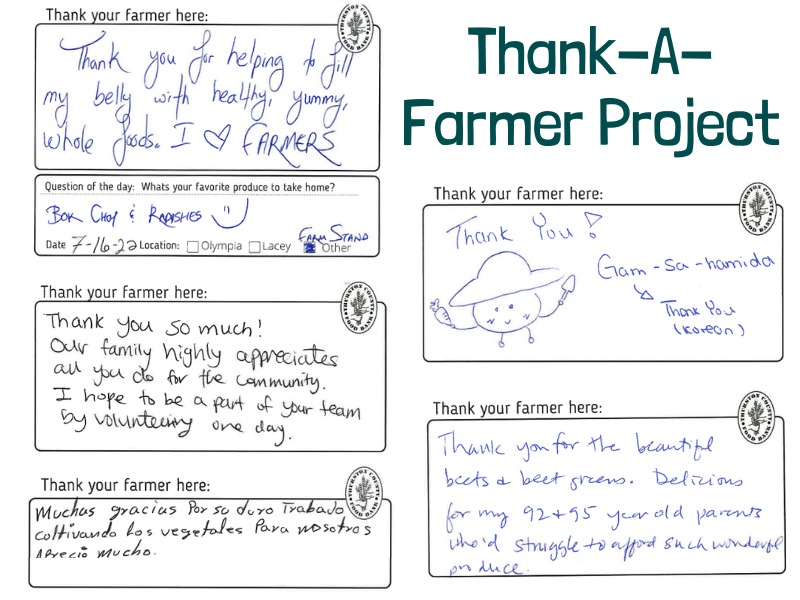
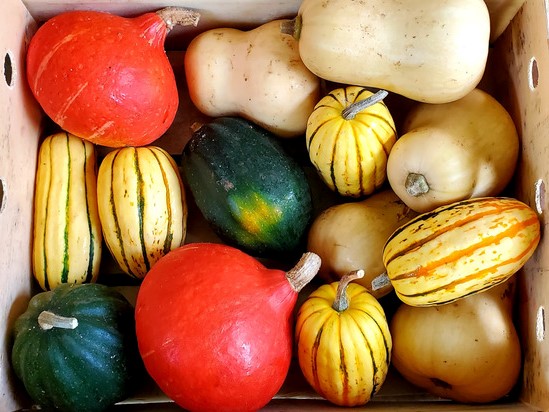
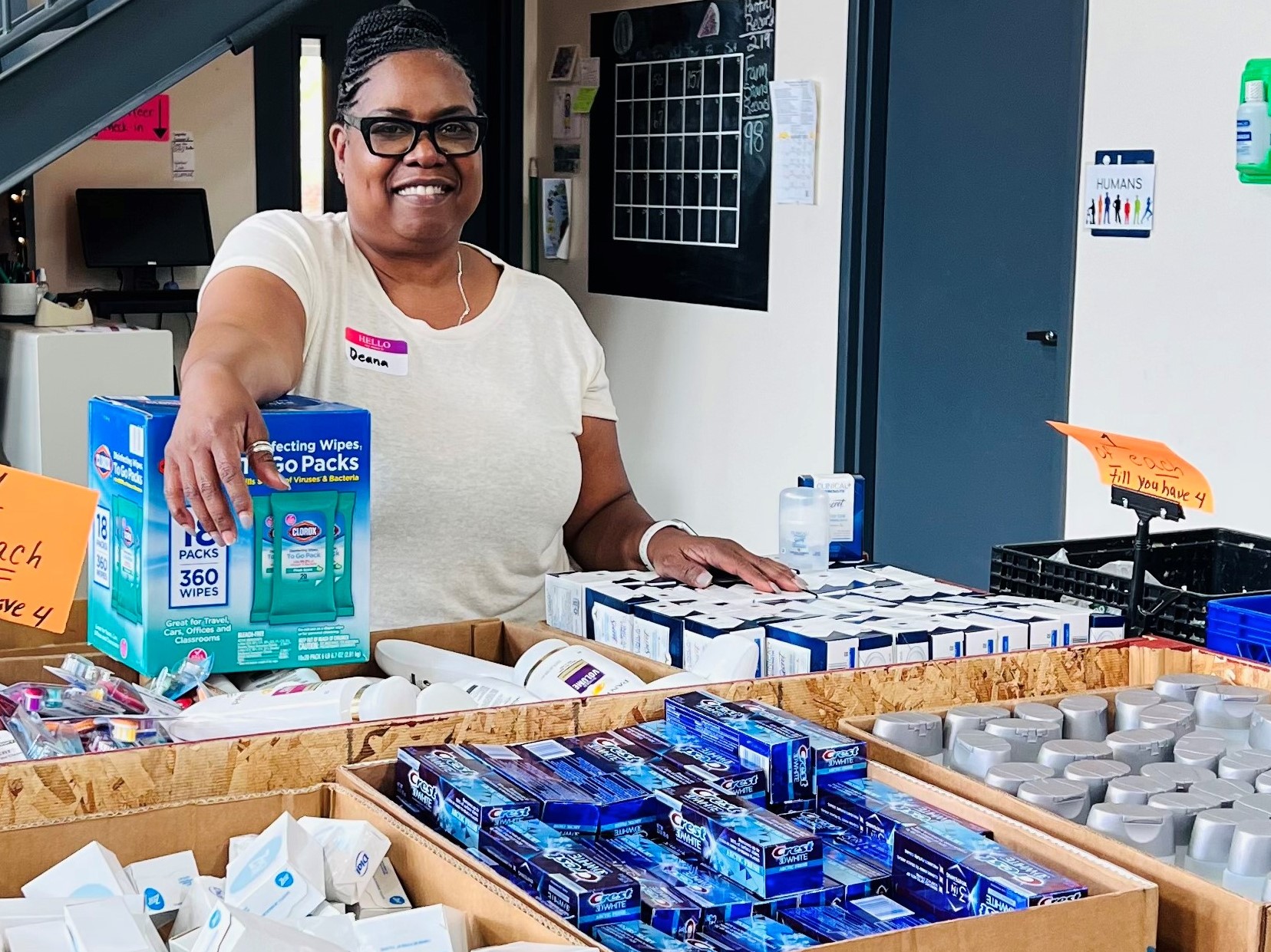
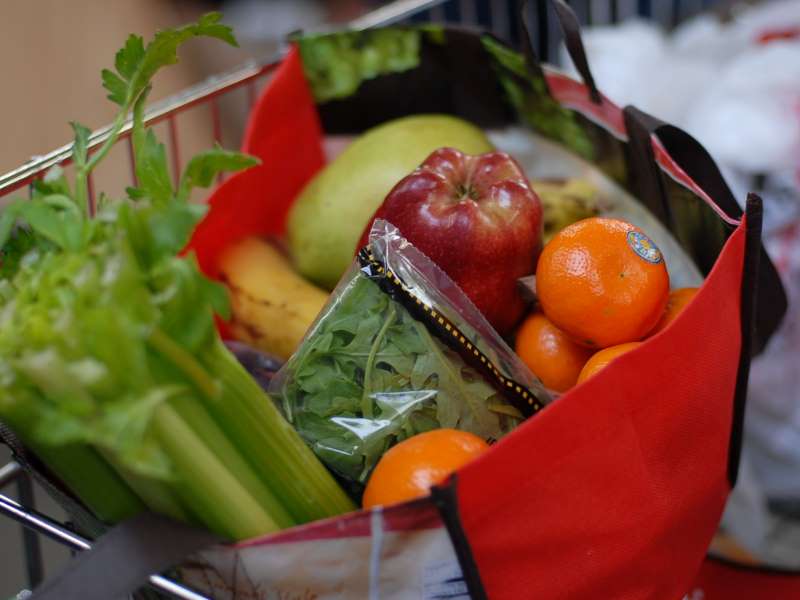
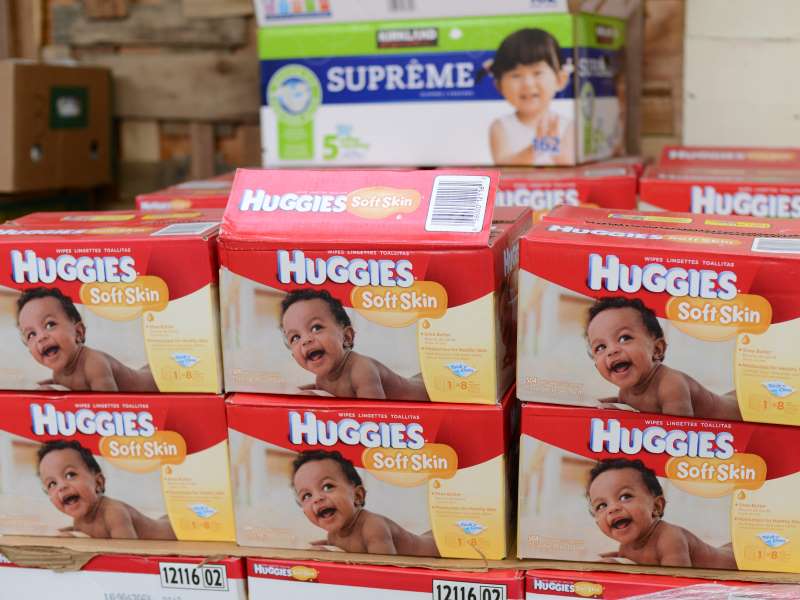
Shelf-stable Foods
Cans and dry goods must be unopened, in their original packaging and commercially produced and packaged. Although USDA states that canned and dry goods have a shelf-life of many years, we ask that donations are no more than 3 years beyond the “best by” date. Additionally, cans must have their commercial label and be rust and dent-free. We cannot accept pre-cooked or home-cooked foods or home-canned items such as jams and jellies.
Guidelines to donating food to charities can be found on the Washington State Department of Health website. If you have questions reach out to our Sr. Director of Operations.
Visit our Coordinating a Drive page for downloadable flyers of needed items by program.
Most Commonly Needed Items:
Fresh Produce
The Food Bank is committed to providing abundant fresh fruits and vegetables to our community members experiencing food insecurity.
How can you help? Produce can be purchased or grown in your garden!
- Grow-a-Row: grow extra crops for us in your home garden.
- Designate your monetary donation toward our produce program, to help us purchase produce in the winter when donations from local sources are not available.
- Purchase and donate bulk produce in the winter and spring (January through June) when produce donations are low.
- Donate a crop through our gleaning program. Throughout the growing season, we organize volunteers to collect/harvest surplus produce from local farms and gardens.
- Annual Growers’ Meeting: On the last Tuesday in February from 6–7:30 pm we host a fun and informative event for farmers, community and school gardens, and back-yard gardeners to learn about growing produce for the Food Bank and share information and community resources. Email MackenzieM@tcfb.org if you’d like to get on the invite list. Save the Date for February 27, 2024!
- Growers’ Guide: For larger produce donations, please visit our downloadable Growers’ Guide for details on what we need the most and how to deliver. We ask that smaller donations be delivered to our Lacey or Olympia Food Pantries where possible.
Non-food Items
Donations of cleaning and personal care products for our Other Bank Program are greatly appreciated. Items must be in the original packaging, and commercially produced and packaged. Please do not combine non-food items with food items! Both full-sized and travel-sized items are appreciated.
Needed items: Shampoo, conditioner, deodorant, toothbrushes, toothpaste, body wash/bar soap, shaving cream, razors, laundry soap, dish soap, toilet paper, diapers, wipes, adult incontinence, and menstrual products.
